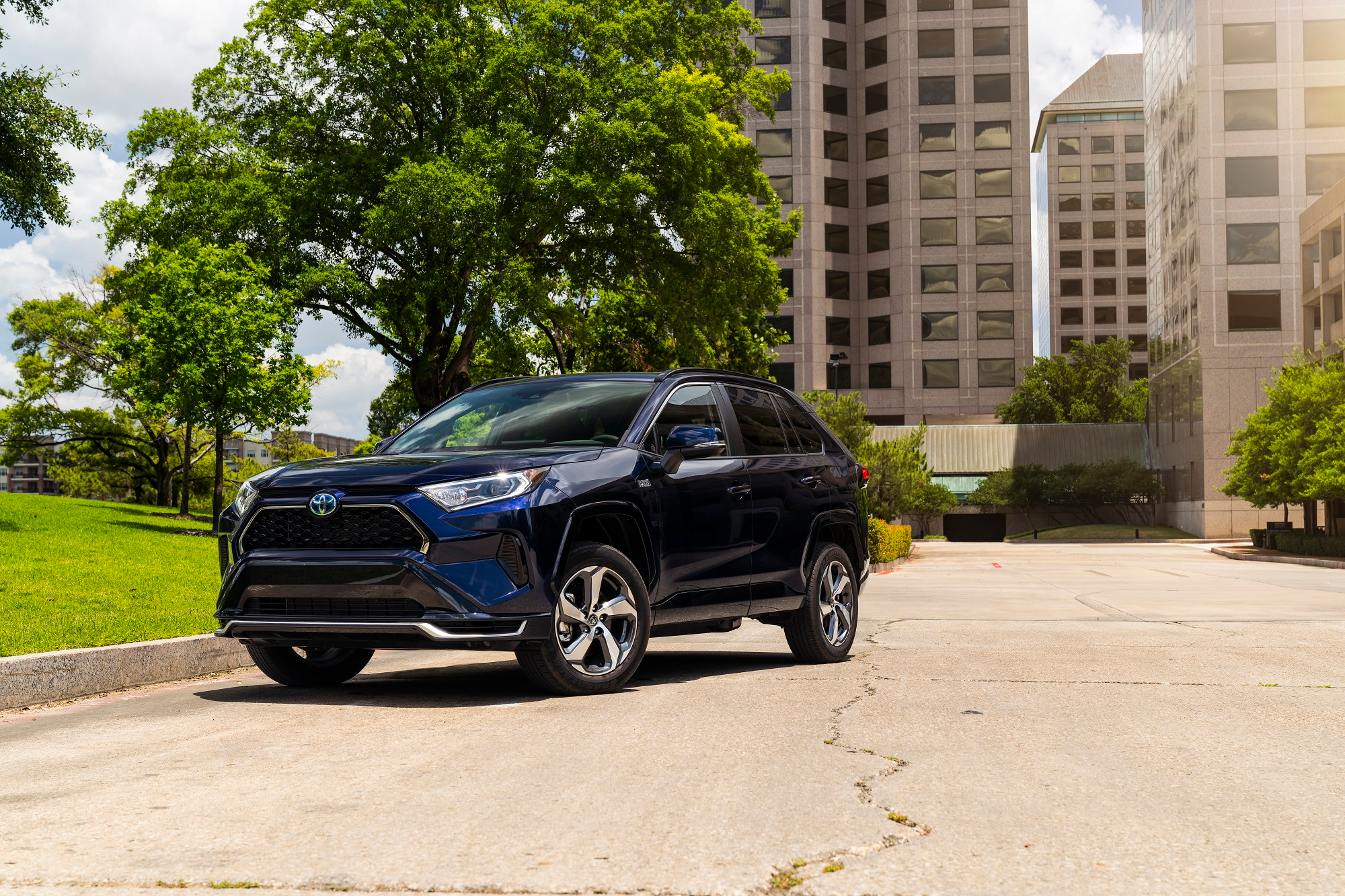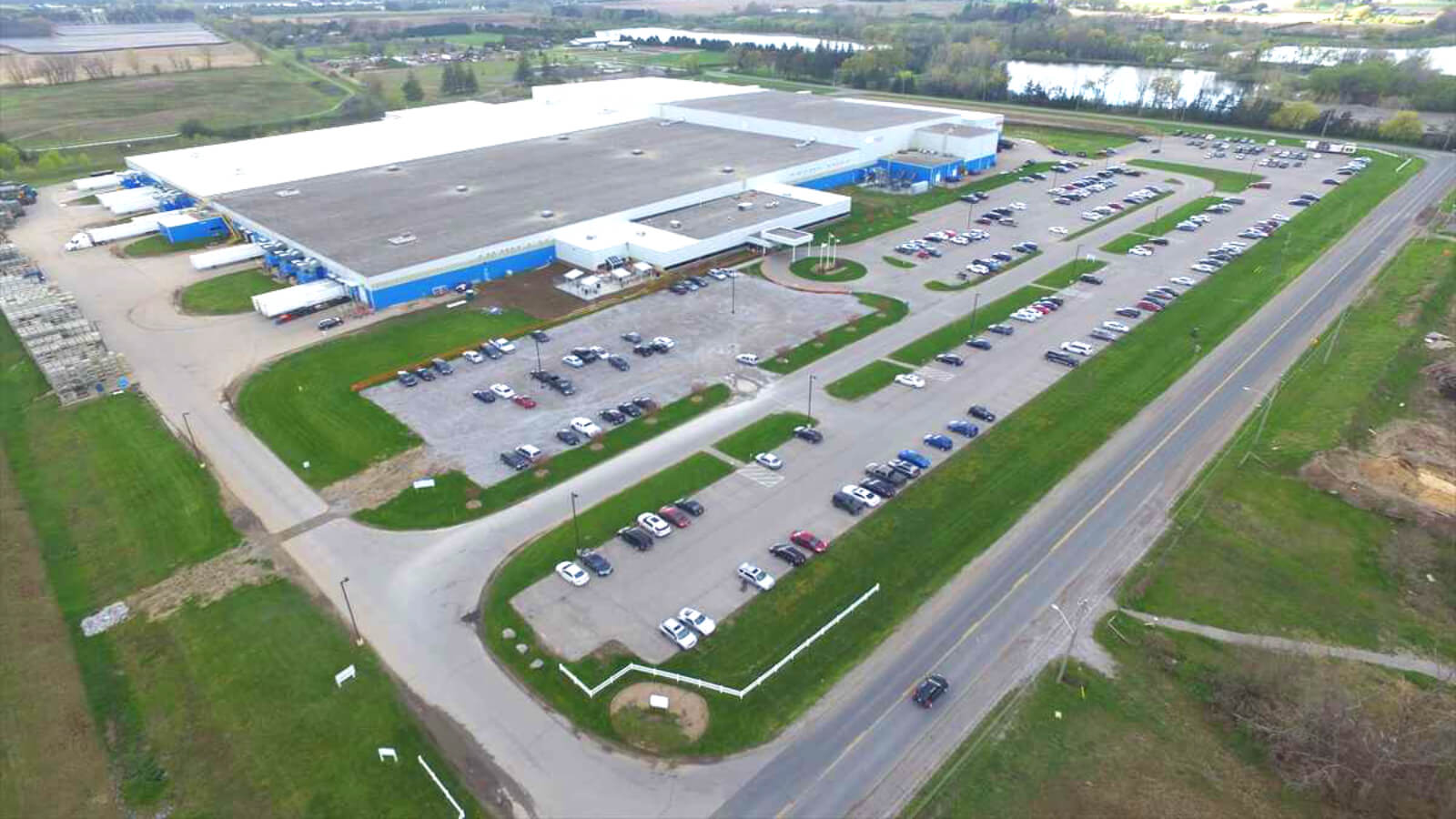Covid-19 Cases Shut Down Production Of Toyota's Bestselling Models In North America
A Covid outbreak at one of Toyota's suppliers has forced the automaker to stop the production of some of its bestselling models. There have been 10 positive cases at Toyota's supplier Toyotetsu Canada, Inc in Simcoe, Ontario, according to Motor 1 and a press release from the supplier.
This same supplier had 25 cases at the start of the pandemic. The company issued a statement confirming they will follow guidelines set by the Haldimand-Norfolk Health Unit. It seems neither the supplier nor Toyota knows when production will resume, saying in the press release:
Toyotetsu Canada has agreed to voluntarily shut down operations and close the plant out of an abundance of caution and will reopen when it is safe to do so.

Toyotetsu supplies three Ontario plants with parts like radiator supports, hood locks and brake pedals. Those three plants build the RAV4 and RAV4 Hybrid along with the Lexus RX models. Toyota moved over 430,000 RAV4s last year while Lexus managed over 100,000 RXs. This could turn out to be a big problem for dealers, who are already short on product due to the microchip shortage. These are models that buyers can't get enough of, especially the RAV4, which was recently number two on the list of the fastest-selling cars in March and one of the fastest-selling cars in the country.
While automakers might be handle to handle this, the combination of both a chip shortage and a supplier issue could mean bad deals for customers. Dealers could mark these vehicles up as demand will outpace supply. With no word on when production will restart, buyers either will just cave and pay what dealers want, wait it out or end up buying something else.
